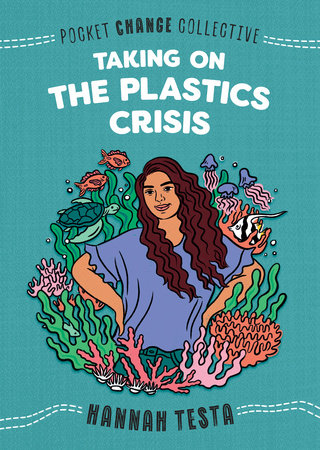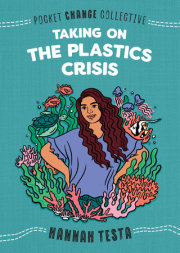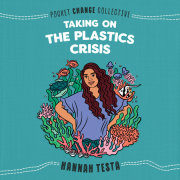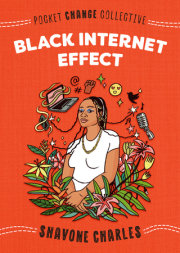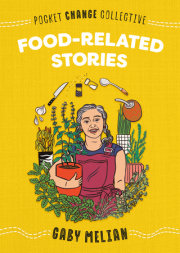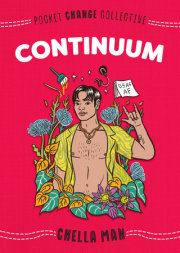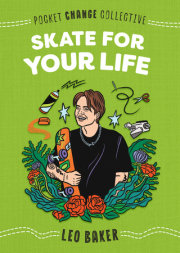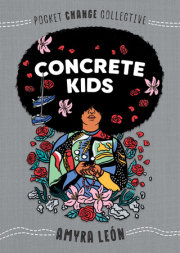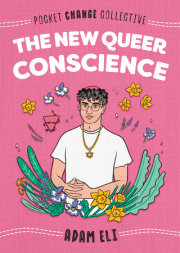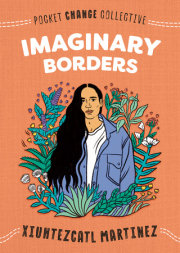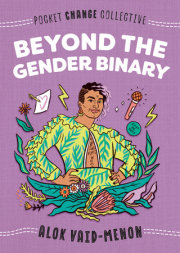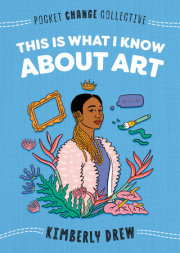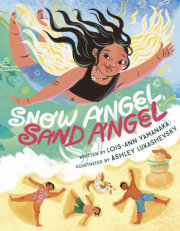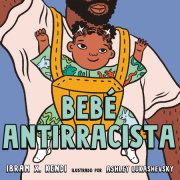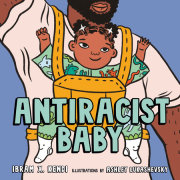February 15, 2018: It might seem like an ordinary, forgettable date, but in the state of Georgia, it was Plastic Pollution Awareness Day—a day I helped create with a state senator when I was fourteen.
I remember that day like it was yesterday. I stood inside the Georgia State Capitol, holding a rolled-up paper in my clammy hands. My heart was fluttering. My fingers trembled with fear. I was about to deliver a speech to fifty-six state senators. But first I had to wait for the speaker—an adult—at the podium to finish hers.
From the side of the stage, I gazed out at the crowd: No one seemed to be paying any attention to the person giving her speech. My chest tightened.
I had been working toward this moment for a year—to be on this very stage to raise awareness about the growing plastics crisis. And all I could think was how no one would listen to my speech either, especially because I was just a teenager.
Over the course of 2017, I started to see the plastics industry for what it really was: powerful corporations and lobbyists, people paid by companies to influence politicians. And the last thing they wanted was for a speech like mine to be heard. In fact, the plastics industry came out in full force to stop this event from happening, and when I really think about it, their motives can be summed up with one word: fear.
Fear that I might shine a light on the realities of single-use plastics and their negative impact on the environment, animal welfare, and our health. Fear that the industry would lose money, as it saw a decline in the use of plastic. Fear that people like me were using their voices. But any attempts to stop me only made me want to speak louder. So, I stood my ground.
But as I stood in the capitol building, ready to deliver that speech, I suddenly started to lose confidence in myself. If the senators weren’t listening to an adult, why would they listen to me?
Each passing minute felt longer than the next. As the woman at the podium spoke her last words into the microphone, the state senators hardly seemed to notice. No one clapped.
Tough crowd, I thought. I took a deep breath. It was my turn. I felt my legs quiver as I stepped up to the podium and lowered the microphone. I looked out at the room, scattered with senators milling about, talking among themselves, paying little attention to me. I scanned the audience and found my mom and brother smiling at me. Beside me stood my dad, and my friend and mentor, John R. Seydel, a director with the city of Atlanta. On my other side was Senator Nan Orrock, the politician I worked with to create this historic day. For a brief moment, I felt at ease, having all these people with me for support.
I took another deep breath to soak in this moment: There I was, a high-school freshman who wasn’t even of voting age, and yet I was about to deliver a speech to the decision makers in my home state of Georgia. Forget “pinch me” moments—this was make-or-break.
I opened my mouth and began my speech. Suddenly, it was as if every senator simultaneously realized that there was a teenager at the mic. Silence blanketed the room and every eye was on me. Everyone was listening to me. To my voice.
For the next few minutes, I spoke about the growing crisis before us. I spoke about how plastic is washing up on our shores by the ton—flooding our oceans and choking our animal and marine life. And how microplastics are seeping into our bodies through water bottles and other single-use plastics. And how, by 2050, plastic production is projected to quadruple, further adding to carbon dioxide emissions that contribute to climate change—unless we act
now.
“This is our moment. This is our movement. This is our mission,” I said, wrapping up my speech. I concluded it with a final question: “Are you with us?”
My speech was met with an overwhelming round of applause.
From that moment—that unforgettable February day—I recognized firsthand that young people have voices, and we can be heard. I realized then and there that political movements start with a decision to use our voices. And for me, it started with the decision to take on the plastics crisis.
Copyright © 2020 by Hannah Testa; Illustrated by Ashley Lukashevsky. All rights reserved. No part of this excerpt may be reproduced or reprinted without permission in writing from the publisher.

